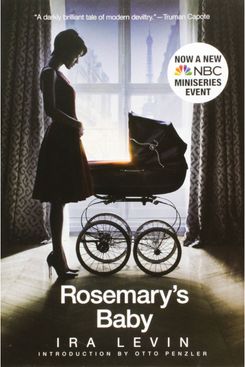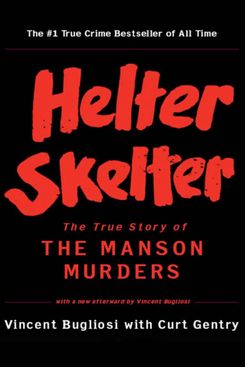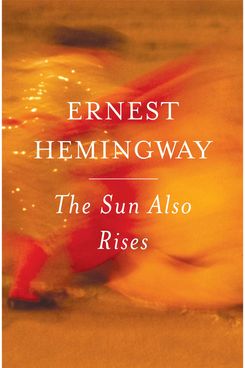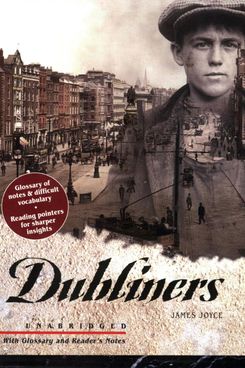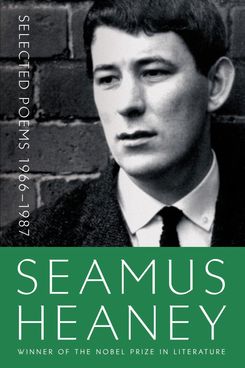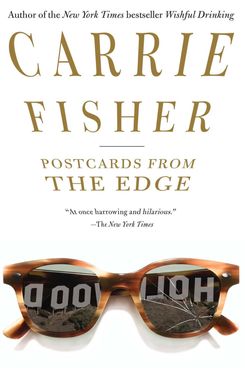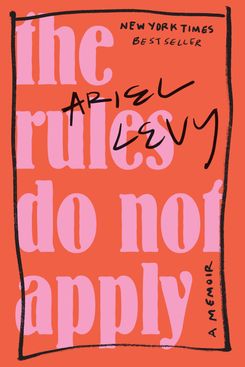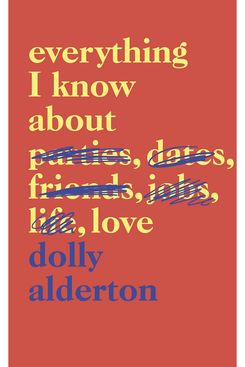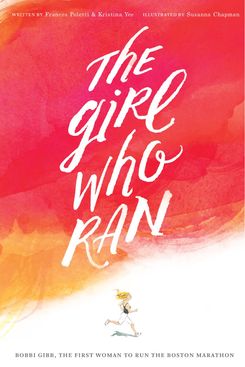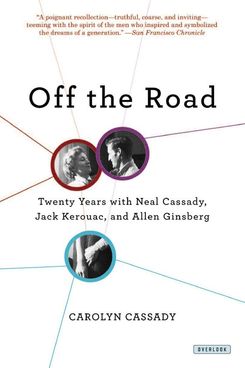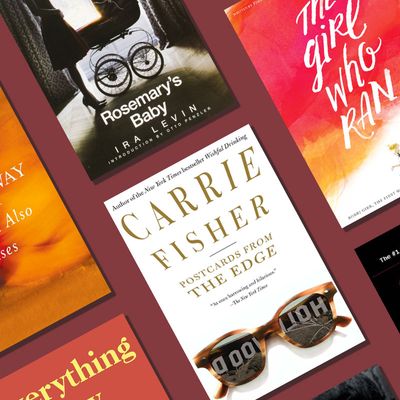
Bookseller One Grand Books has asked celebrities to name the ten titles they’d take to a desert island, and they’ve shared the results with Vulture. Below is Catastrophe and Motherland actress Sharon Horgan’s list.
The first novel that messed me up. I’ve read it so many times — first in my late teens, when I was in my full horror fan mode. In Ireland, where I lived, there was no such thing as a streetlight, so you looked outside and your own imagination would decide what was there. But there was something about the descriptions of the Bramford, the apartment that Rosemary and Guy Woodhouse move into, that was my first descriptive explanation of New York living. Way before I saw the movie, the story leapt off the page.
Unfortunately, it went from horror to true crime, kicked off by Helter Skelter, the very famous book about the Manson murders. I got into true crime thing way too young, way too early.
A book I read at least once a year. I took American studies as part of my degree, and found Hemingway a little late, but The Sun Also Rises is the ultimate of the modernist school. I’m not sure why I read it so often, but much has to do with the huge love affair at the heart of it — and the setting, between the wars, within the world of this lost generation of expats. It just completely transports me from wherever I am to Paris and Pamplona. And his writing has such hidden depths — every time I read it I find something new. It takes a lost soul to convey so much.
As a young student living in Dublin, I always thought it vaguely pretentious that I should be reading Joyce. But I couldn’t even begin to start with Ulysses, and then I discovered Dubliners, and thought, this is perfect, this is my kind of thing: an evocative but simple style of writing. I was so delighted for myself: “I’ve read Joyce, I can tick that off my list of smart things I should be doing.” It was just such a surprise to find it accessible.
There’s a poem of Heaney’s that describes a couple peeling potatoes together while everyone’s at Mass. Such a mundane task, but that image of a couple at their closest while they peel potatoes — oh my God, it fucked me up. It’s such an intimate thing. How Heaney can dissolve you into tears without being sentimental is an extraordinary thing.
Carrie was nominated for an Emmy posthumously, and I was asked to accept it on her behalf if she won. So, I reread Postcards from the Edge, and it’s such a joy. It’s written in letter form and includes a poem she wrote to her grandmother. There’s such incredible lyricism to her writing, which was not as simple as just documenting her own personal story. I don’t know how she coped with a brain working at warp speed; that she got a good chunk of it down was a relief for her, I’m sure.
This destroyed me. It’s about examining the choices in Levy’s life that lead her to a particular event documented in the book, but at the same time the book has a lot of joy in it. A lot of female writers that I admire at the moment have that same stripped-back, modernist style — a kind of reportage. It’s also liberating to write about something that awful in such bare, stark terms.
Alderton has been writing for U.K. newspapers and magazines for years, and then she wrote this book about love, but not necessarily about finding the love of a man. There’s a very deep female friendship at the heart of it. As a writer myself, anytime I write something that feels painful to tell, and you don’t know how people will respond to it, you’re laying yourself open to be criticized — as a woman especially, when you’re writing about people you’ve slept with and the bad choices you’ve made again and again. As soon as I read it, I got in touch with Alderton. I said, “Please, please let me buy the rights to this book and let me make it,” but someone had got there before me. It’s about not giving up, and not losing sight of the thing you’re after just because life has fucked you a few times along the way.
Francis Poletti writes books for children, but her stories are for everyone. They’re stories about women in history who were the first to achieve something, and what they had to battle against at that time, and how they preserved and pushed through and ended up achieving their dreams. The Girl Who Ran, is about a young heroine who is told that women can’t run, that running is against the rules, but she does it anyway.
Carolyn Cassady was the wife of Neal Cassady, who is the hero in Kerouac’s On the Road. She was his wife, but also an artist and art teacher, and she was linked to this absolute lunatic of a man who was her Achilles’ heel. He regularly betrayed her, but you love who you love. She had a love affair with Kerouac as well — weirdly because Neal Cassady suggested it. She was an incredibly gifted writer, but she was managing these crazy men in her life and bringing up her children and I guess she didn’t see herself in that way. But she wrote with so much intuition and insight, and a lot of beauty as well.


